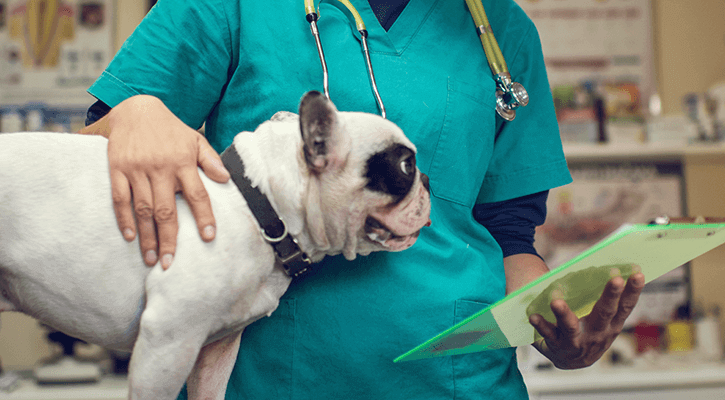
Surgery
In our continuing efforts to offer the highest quality veterinary medicine, we are pleased to provide a wide range of surgical services for our patients. From routine surgical procedures, such as spaying and neutering, to more complex surgeries, we look forward to the opportunity to care for your pet’s surgical needs.
Veterinary Surgical Procedures
Our staff is highly skilled in performing veterinary surgeries and will make every effort to ensure that your pet receives the very best care. Our focus on patient safety, pain management, and employing the most current surgical practices is designed to exceed your expectations and put your concerns to rest. Our staff of compassionate, caring professionals will monitor your pet before, during, and after surgery and will take exceptional care to ensure a safe and complete recovery for your pet. We will also address any questions or concerns you may have about surgery, including concerns about anesthesia, pain management, or postoperative care.
When your pet is ready to go home, we will review your postoperative care and medication instructions. If any questions arise after your pet returns home or at any other time during the postoperative period, call us. We welcome your questions and will do all we can to help your pet recover fully. Help is only a phone call away.
Surgery can be a source of anxiety and stress for many pet owners. Maybe you worry about whether your pet will be well cared for, or perhaps you have concerns about adequate precautions and monitoring. Let us address your concerns. Whether your pet needs minor surgery or a complex procedure, call us. Let’s discuss how our surgical services can benefit your pet.
Alternatives to Declawing
Scratching is a normal behavior of cats. It conditions the claws, serves as a visual and scent territorial marker, allows the cat to defend itself, and provides healthy muscle engagement through stretching. In many cases, a cat can be trained to scratch only appropriate surfaces. However, a cat’s excessive or inappropriate scratching behavior can become destructive or cause injury to people in the home.
Alternative Options Include
- Providing appropriate scratching surfaces, such as dedicated posts and boards that are tall enough to encourage full stretching. What constitutes an attractive surface or location varies by cat, so don’t be afraid to get creative! Scenting with catnip may help too.
- Frequent nail trims – every 1-2 weeks
- Nail caps – replaced every 4-6 weeks
- Positive reinforcement training, beginning with kitten kindergarten if available
- Pheromone sprays and/or plug-ins
- Discourage use of inappropriate surfaces by attaching sticky tape or tinfoil
- Punishment is not an effective deterrent
Learn more about declawing and why we recommend against this elective procedure, please visit: catscratching.com
Veterinary Surgery in Holland, Michigan
Learn more about surgical procedures for pets or schedule an appointment at Ottawa Animal Hospital East by contacting us at 616-396-7420!
Explore Our Complete List of Veterinary Services in Holland, Michigan
- Declawing Alternatives
- Wellness Exams
- Vaccinations
- Holistic Care
- Laser Therapy
- Digital Dental Radiographs
- Anesthesia
- Birds (Avian Medicine)
- Blood Transfusions
- Hospice & Euthanasia Services
- Rabbits & Small Mammals
- Reptiles
- Microchipping
- Nutritional Counseling
- Dental Care
- Behavioral Medicine
- Puppy & Kitten Care
- Pain Management
- Radiology
- Fully Stocked Pharmacy
- In-House Laboratory
- Ultrasound
- Senior Wellness
- Parasite Prevention
